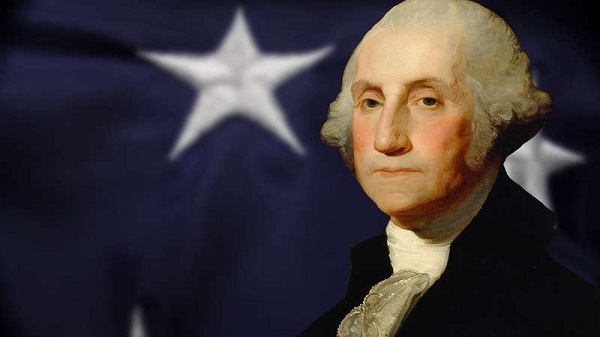Introduction:
George Washington, revered as the “Father of His Country,” left an indelible mark on American history and culture. Beyond his pivotal role in the founding of the nation, Washington’s influence resonates through the corridors of power, the ideals of leadership, and the very essence of American identity. This essay explores the multifaceted legacy of George Washington, examining how his actions and values continue to shape the tapestry of the United States.
Military Leadership and Revolutionary Spirit:
Washington’s military leadership during the American Revolution played a paramount role in securing the nation’s independence. His strategic acumen and unwavering commitment to the cause turned the tide of the war, showcasing resilience in the face of adversity. This legacy of military prowess not only secured American freedom but also established the precedent for civilian control over the military—an essential principle in the nation’s democratic foundation.
Founding the Nation:
As the first President of the United States, Washington’s leadership set critical precedents for the country’s governance. His role in the Constitutional Convention and his decision to step down after two terms established the framework for the peaceful transfer of power, a cornerstone of American democracy. Washington’s presidency laid the groundwork for the delicate balance of powers, emphasizing the importance of checks and balances to safeguard the nation’s democratic principles.
Washington’s Farewell Address:
Washington’s Farewell Address in 1796 remains a poignant piece of advice for the nation. In it, he urged Americans to prioritize national unity over divisive partisanship, cautioned against entangling foreign alliances, and emphasized the importance of education and morality in preserving the republic. These principles continue to resonate, providing a timeless guide for navigating the challenges of governance and international relations.
Cultural Impact and Iconography:
Beyond his political and military contributions, Washington’s influence extends to the cultural fabric of the United States. His stoic demeanor, portrayed in countless paintings and statues, became the archetypal image of a leader. The iconic portrait of Washington crossing the Delaware River or the stern face on the one-dollar bill symbolizes not just a historical figure but a nation’s aspirations for leadership and resilience.
Educational Legacy:
Washington’s commitment to education is evident in his support for the establishment of the first national university, which later became George Washington University. His emphasis on the importance of knowledge and virtue as pillars of a strong society reflects an enduring commitment to intellectual pursuits.
Conclusion:
George Washington’s legacy is a tapestry woven with threads of military triumph, political sagacity, and cultural symbolism. His impact on American history and culture is immeasurable, and his principles continue to guide the nation through the complexities of the modern era. As the United States evolves, George Washington’s enduring legacy serves as a compass, reminding the nation of its roots, values, and the perpetual pursuit of a more perfect union. In honoring Washington, Americans pay homage not only to a historical figure but to the timeless ideals that define the nation’s character.

